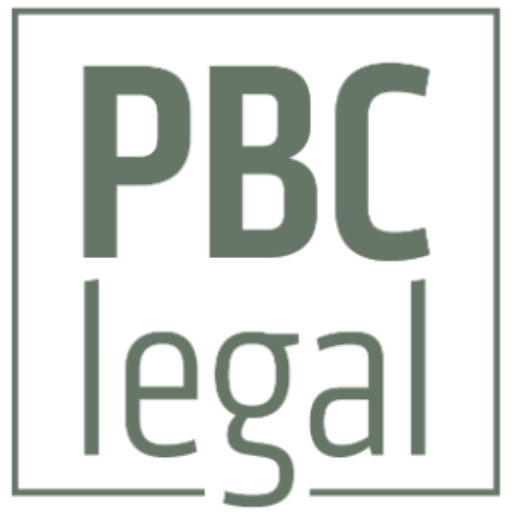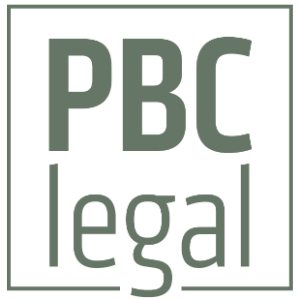Always up-to-date
News
Voting by circulation - No correction or revocation possible
Voting by circulation is a popular form of resolution. In the case of unanimity, "all forms and deadlines" are regularly dispensed with and a legally valid resolution is passed. However, if there is no such unanimity, the circulation procedure can have the disadvantage that, unlike virtual or face-to-face voting, no opinion or vote can be collected as part of a discussion or a test vote. Furthermore, legal challenges may arise in the implementation of the voting procedure: Without explicit provisions in the articles of association, it may be questionable who may decide on the type of vote (e.g. if a shareholder or a co-managing director requests a physical shareholders' meeting), how long the time for voting is to be measured, to whom the votes must be received, whether shareholders must be offered a legal hearing on the subject matter of the resolution (and how) and whether a determination of the result must be made (and by whom).
The Munich Higher Regional Court had to deal with another question: Can a shareholder correct or revoke his vote within the voting period? In the case decided, three shareholders had initially each submitted a yes vote and thus approved a specific property sale. However, after receiving a different offer, they each revoked their "yes" vote before the voting deadline and submitted a "no" vote. A majority of 75% of the votes was required for the vote and this was only ensured if all votes of the three shareholders could be counted as "yes". In the judgment of 5.4.2023 (case reference: 7 U 6538/20), which is not yet final, the Munich Higher Regional Court affirmed this and did not allow the revocation and the subsequent "no" votes. The decisive factor for the Munich Higher Regional Court is that the recipient had already received the original Yes votes when the votes changed to No were received:
Pursuant to Section 130 (1) BGB, a declaration of intent becomes effective at the time it is received by the recipient. A declaration of intent made in absentia is deemed to have been received at the moment at which it reaches the recipient in such a way that, under normal circumstances, the recipient has the opportunity to take note of the content of the declaration; actual knowledge is not required. A declaration of intent only becomes ineffective if the other party receives a revocation beforehand or at the same time. A revocation after receipt cannot remove the effectiveness of the declaration of intent.
For the OLG Munich, the casting of votes in a vote is a declaration of intent within the meaning of Section 130 (1) BGB. The recipient for the receipt of a declaration of vote is the chairman of the meeting, who represents the company in the resolution. The Munich Higher Regional Court therefore denies that a vote can be freely revoked once it has been cast and received by the recipient of the declaration. In the case of the Munich Higher Regional Court, the three "no" votes only reached the sphere of influence of the chairman of the meeting after the "yes" votes had been received. It did not matter whether the chairman of the meeting had already taken note of the Yes votes beforehand (which was probably not the case, as the votes were counted once after the end of the voting period).
According to the Munich Higher Regional Court, the fact that a declaration of vote that has been received can no longer be revoked expressly applies irrespective of whether there is an important reason for the change in voting behavior. The OLG Munich sees no necessity for the revocability of the vote after receipt if there is an important reason for the change of vote. The interests of the individual shareholders are sufficiently served by the possibility of their vote being challenged at a later date. If the factual basis has changed after the vote has been cast, the shareholders are free to amend the resolution passed.
It is therefore no longer possible to revoke a vote once it has been received by the recipient of the declaration. According to the Munich Higher Regional Court, this applies to all votes under company law and regardless of whether the vote is cast at a homeowners' meeting or a shareholders' meeting.
PBC legal takeaways: It remains to be seen what position the Federal Court of Justice will take on the issue, as we understand that appeal proceedings are underway. For the time being, however, it should be assumed that a voting declaration made by circulation and received by the chairman of the meeting is final and cannot be corrected or revoked. This also applies in principle if circumstances change in the course of the voting procedure. This makes it advisable to only cast one's vote in the circulation procedure if a change of opinion can be safely ruled out. Alternatively, it would have to be expressly agreed in the respective articles of association that it is possible to change a vote that has already been cast until the end of the circulation procedure. Such a clause would have to be observed by the chairman of the meeting and also by the BGH.
Author of this article and
Contact

Dr. Philipp Bollacher
Partner
Attorney at Law | Specialist in Commercial & Corporate Law

